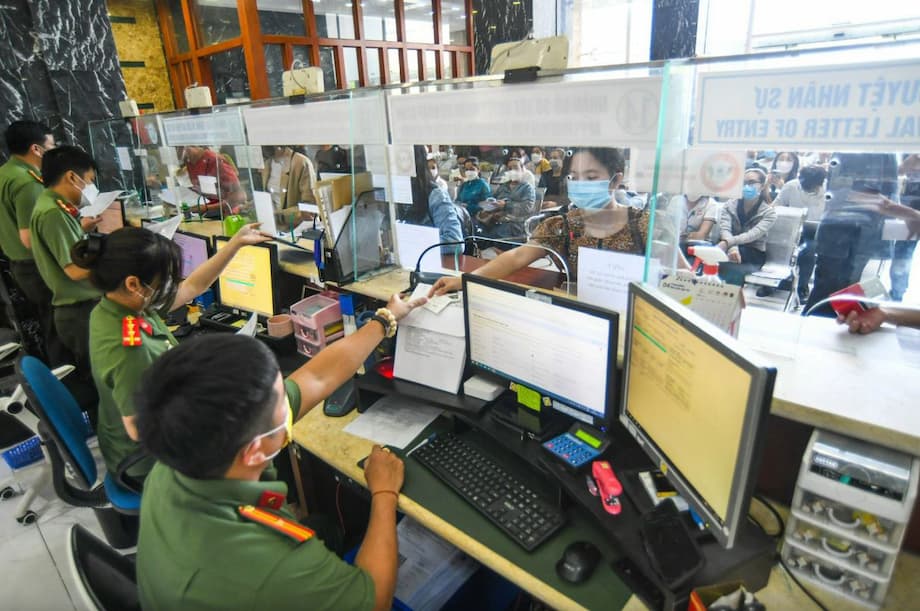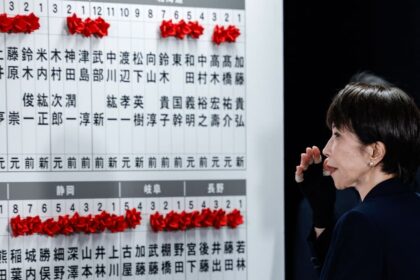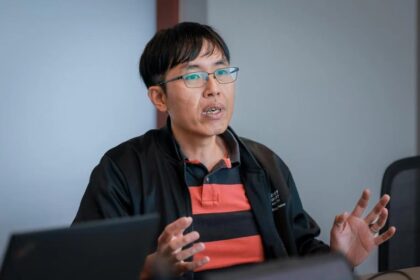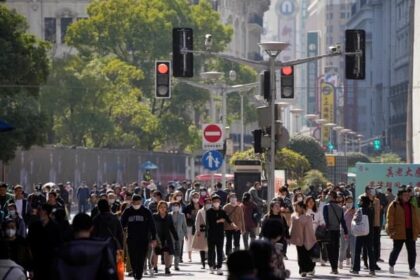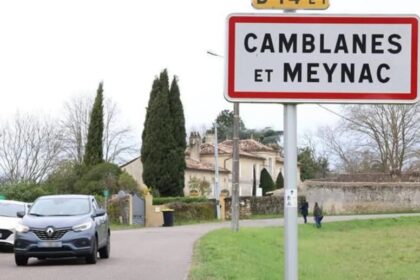Why the one day processing pledge matters
Vietnam has cut the processing time for visa exemption certificates at its embassies and consulates abroad from two working days to one. The change, set out in Decision 2109/QD-TTg approved in late September 2025, is part of a wider plan to simplify procedures managed by the Ministry of Foreign Affairs in 2025. It aims to make travel for families with Vietnamese ties quicker, while boosting the ease of doing business.
- Why the one day processing pledge matters
- What is a visa exemption certificate
- How to apply and where to file
- Digital service upgrades and other procedural cuts
- What this means for travelers families and businesses
- How visa exemption compares with electronic visas and visa free entry
- A new pathway for distinguished contributors
- Press and media rules get a speed boost
- Practical pointers before you travel
- At a Glance
Under the new timeline, a Vietnamese mission should issue a visa exemption certificate within one working day after receiving a complete application. Applicants will also gain a new way to file. In addition to in person and online submission, missions will accept applications sent by post. The reform package adds more online procedures through the National Public Service Portal, shortens several related time limits, and expands the use of secure digital tools.
The most immediate beneficiaries are overseas Vietnamese and foreign nationals who are spouses or children of Vietnamese citizens or Vietnamese origin. Their trips for family visits, caregiving, cultural events, or business arrangements often depend on short notice. Cutting the wait to one day helps those plans move with less friction.
Officials also reduced the processing time for notarization of contracts and transactions to within 24 working hours, or within six working days for complex cases. Foreign media procedures were streamlined. Nonresident journalists can apply online for press permits, and international news outlets can handle office registrations and correspondent assignments through the portal rather than paper heavy steps.
What is a visa exemption certificate
A visa exemption certificate is an entry and exit document for two groups. First, people of Vietnamese origin who live overseas. Second, foreign nationals who have a Vietnamese spouse or parent. With the certificate, eligible travelers can enter Vietnam without a separate visa for multiple trips during the validity period.
The certificate is valid for up to five years. Its end date is set to be at least six months earlier than the passport expiration date. Each stay under this program can be up to 180 days, with the option to seek an extension inside Vietnam when needed. The document is issued either as a label placed in the passport or as a separate certificate, the latter used when a passport is from a country without diplomatic relations with Vietnam.
Typical applications include proof of Vietnamese origin, such as a birth certificate or old identity documents, or proof of family relationship, such as a marriage certificate or a child’s birth certificate. A valid passport with sufficient remaining validity and blank pages is required.
How to apply and where to file
Applicants can submit in person at a Vietnamese embassy or consulate, online through the National Public Service Portal, or by mail to the visa issuing mission. The new mail option is designed for those who live far from a mission or have mobility constraints. It can reduce travel and appointment costs, though postal delivery time and return shipping add to the calendar.
The new one day clock applies to the processing time at the mission once a complete file is received. In practice, the total turnaround for mailed applications will also reflect shipping time and any document checks. Submitting a complete and well organized file reduces the risk of requests for more information, which can pause the processing clock.
Fees vary by mission. Applicants should review the website of the specific embassy or consulate for fee schedules, accepted payment methods, and local instructions. For those already in Vietnam, provincial immigration offices can handle extensions of stay under the certificate.
Digital service upgrades and other procedural cuts
The reform package does more than accelerate visa exemption certificates. It allows the use of digital signatures and digital seals for applications for diplomatic and official passports at domestic agencies of the Ministry of Foreign Affairs (MOFA). That change supports secure online workflows and reduces paper handling inside the government.
Time limits for notarization of contracts and transactions were shortened to within 24 working hours in standard cases. For complex files, the ceiling falls from ten working days to six. Those steps aim to speed up cross border commerce, investment agreements, and personal paperwork that often accompany international moves.
Foreign media procedures were streamlined. International outlets can request permission to set up permanent offices, assign their resident correspondents to other provinces or cities, and obtain press permits for visiting reporters through online channels. The expectation is fewer in person appointments and faster responses.
What this means for travelers families and businesses
Faster issuance of visa exemption certificates helps overseas Vietnamese communities stay connected to family and culture. It eases short notice travel for ceremonies, caregiving, or urgent visits. It also supports small business owners and professionals with Vietnamese links who split time across countries.
For companies, shorter processing and more online services cut friction for press crews, experts, and visiting executives. When paired with wider evisa access and expanded visa free entry for some nationalities, Vietnam continues to position itself as accessible for both tourism and work related travel.
How visa exemption compares with electronic visas and visa free entry
Vietnam operates several pathways for entry. The visa exemption certificate described above is a family and origin based document with multi year validity. It is different from visa free entry based on nationality and from the electronic visa program.
Electronic visa basics
The electronic visa program allows applicants from dozens of countries to apply online for 90 day single or multiple entry permission. Typical processing times are three to five working days, and in some cases up to a week, depending on demand and public holidays. Applications and status checks are available on the official portal at evisa.gov.vn. Travelers must enter and exit through designated ports that accept electronic visas.
Visa free entry by nationality
As of 2025, ordinary passport holders from 37 countries can visit Vietnam without a visa for stays that range from 14 to 90 days, depending on the passport. Vietnam has extended a 45 day visa waiver for citizens of several key markets including Germany, France, Italy, Spain, the United Kingdom, Russia, Japan, South Korea, Denmark, Sweden, Norway, and Finland through mid 2028. APEC Business Travel Card holders are exempt for stays up to 60 days.
Five year exemption for overseas Vietnamese
Overseas Vietnamese and qualifying family members can obtain a five year visa exemption certificate, with each stay up to 180 days. This program predates the latest reform, but it is the primary group that benefits from the new one day processing rule at embassies and consulates.
A new pathway for distinguished contributors
Vietnam has also introduced a special visa exemption card for foreign individuals who are expected to contribute to socio economic development. This program, launched in August 2025 under a government decree, grants a multiple entry exemption valid for up to five years to a defined set of people such as senior investors, corporate leaders, scholars, scientists, artists, athletes, and other invitees of competent agencies. Card holders are admitted for 90 days on each entry, and processing times depend on the category, ranging from a few working days for state guests to about a week for physical card issuance.
The card can be issued in digital or physical form. The physical version uses a chip and stores encrypted personal data including facial image and fingerprints for secure verification. Authorities may revoke the card if eligibility is lost or upon the request of the sponsoring agency.
Press and media rules get a speed boost
The reform plan reduces friction for international media operating in Vietnam. Overseas newsrooms can request approval to establish permanent offices through online channels. Correspondents already resident in Vietnam can be assigned to other localities with a streamlined workflow. Visiting journalists can apply for temporary press permits via the National Public Service Portal. Shorter processing reduces delays for news coverage and planned productions.
Practical pointers before you travel
Check that your passport has at least six months validity beyond the date you plan to enter Vietnam and at least one blank page. Keep copies of key documents. For visa exemption certificates, prepare proof of Vietnamese origin or proof of relationship. For electronic visa applicants, submit early to account for three to five working days of processing and possible holiday delays.
Use official channels for applications. The government electronic visa site is evisa.gov.vn. If you apply by mail for a visa exemption certificate at an embassy or consulate, use trackable shipping and retain receipts. Confirm fee payment methods with the mission in advance.
Travelers should comply with entry and stay conditions. Overstays can lead to fines and delays when departing. Hotels will register your stay using your passport. If you stay in a private residence, ensure the host completes local registration procedures where required. Carry proof of onward travel if you enter visa free.
Road traffic is intense in major cities and accident risk is high. If you plan to drive, obtain the correct Vietnamese license. Many travelers choose licensed taxis or ride hailing with seat belts available. Avoid bringing items that may be restricted, such as antiques or cultural heritage objects without permission.
At a Glance
- Processing time for visa exemption certificates at Vietnamese embassies and consulates is cut from two working days to one.
- Applications can be filed in person, online, or by mail to missions abroad.
- Visa exemption certificates serve overseas Vietnamese and foreigners with a Vietnamese spouse or parent, and are valid for up to five years.
- Each stay under the family based exemption can be up to 180 days, with extensions available in Vietnam.
- Foreign media procedures move online, including office registration, correspondent assignments, and permits for visiting reporters.
- Notarization timelines fall to within 24 working hours for standard cases, and to six working days for complex files.
- Electronic visas generally process in three to five working days and allow 90 day stays, with applications at evisa.gov.vn.
- Many passport holders enjoy visa free entry, and a 45 day waiver for several markets is extended through mid 2028.
- A special five year exemption card for distinguished contributors launched in August 2025, with multiple entry and 90 days per visit.


